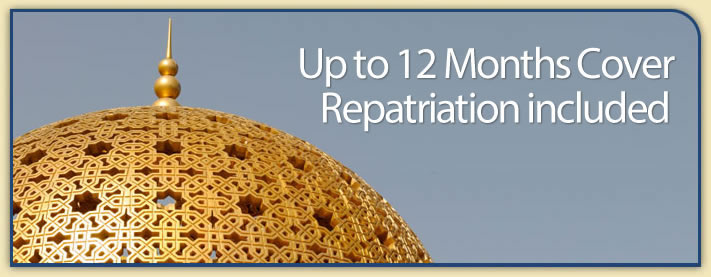Dengue Fever
Dengue viruses are transmitted by mosquitoes, which are most active during the day. These vector mosquitoes are found near human habitations and are often present indoors. Epidemic transmission is usually seasonal, during and shortly after the rainy season.
Occurrence: Dengue fever occurs at many destinations in the tropical countries in the cities or the suburbs. Primarily the regions of South-East-Asia and South- America are at most risk to Dengue fever.
Manifestations: The disease is a severe flu like illness usually lasting less than 7 days or sometimes the more serious form can occur - Dengue Haemorrhagic fever, leading to bleeding, shock and possibly death. Dengue fever is characterised by a sudden onset of:
- High fever
- Severe headaches
- Joint pain
- Muscle pain
- Nausea/vomiting,
- Rash. The rash may appear 3—4 days after the onset of fever
- Hemorrhages
- Shock
Diagnosis and treatment: Infection is diagnosed by a blood test that detects the presence of the virus or antibodies. The illness may last up to 10 days, but complete recovery can take 2—4 weeks. Dengue is commonly confused with other infectious illnesses such as malaria, typhoid, leptospirosis, and scarlet fever. The symptoms of dengue can be treated with bed rest, fluids, and medications to reduce fever, such as acetaminophen; aspirin should be avoided.
Prevent Dengue Fever by:
- Avoid mosquito bites by remaining in well screened areas
- Avoid mosquito bites by remaining in air-conditioned areas
- Use mosquito repellents on skin and clothing
- Bring aerosol insecticides to use indoors
- Use bed nets
Information Only
The content above is for information purposes only and we have tried to ensure that the information is as accurate as possible. We cannot accept any responsibility for any inconvenience, loss or injury as a result of the information above. You should always check and verify any critical information like visas, health and safety and customs with the relevant authorities before you travel since information can change at any time.



